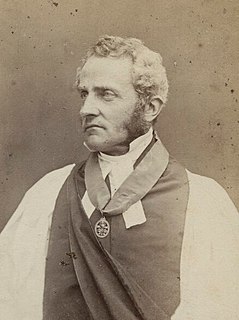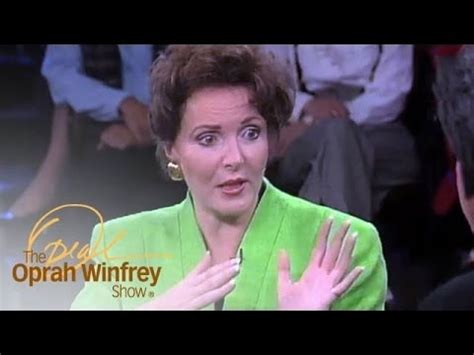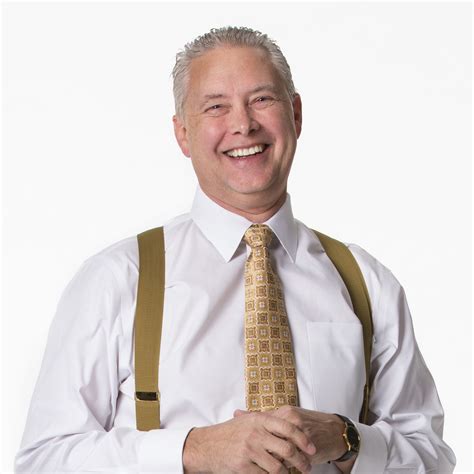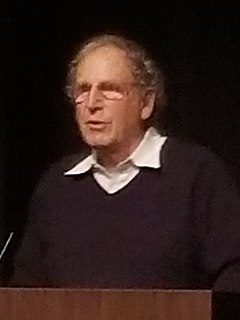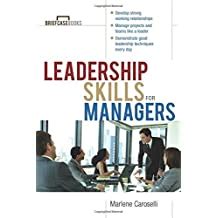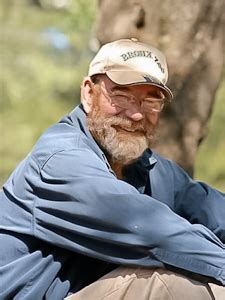A Quote by Paul Valery
Our judgments judge us, and nothing reveals us, exposes our weaknesses, more ingeniously than the attitude of pronouncing upon our fellows.
Related Quotes
Would that our harsh judgments could be restrained, our impatience checked, our selfishness broken down, our passions controlled, our waste of time and life in worthless or unworthy objects corrected, by the thought that there is One in whose hands we are, who cares for us with a parent's love, who will judge us hereafter without the slightest tinge of human' infirmity, the All-Merciful and the All-Just.
Before making peace, war is necessary, and that war must be made with our self. Our worst enemy is our self: our faults, our weaknesses, our limitations. And our mind is such a traitor! What does it? It covers our faults even from our own eyes, and points out to us the reason for all our difficulties: others! So it constantly deludes us, keeping us unaware of the real enemy, and pushes us towards those others to fight them, showing them to us as our enemies.
It is possible to be honest every day. It is possible to live so that others can trust us-can trust our words, our motives, and our actions. Our examples are vital to those who sit at our feet as well as those who watch from a distance. Our own constant self-improvement will become as a polar star to those within our individual spheres of influence. They will remember longer what they saw in us than what they heard from us. Our attitude, our point of view, can make a tremendous difference.
Adversity is a severe instructor, set over us by one who knows us better than we do ourselves, as he loves us better too. He that wrestles with us strengthens our nerves and sharpens our skill. Our antagonist is our helper. This conflict with difficulty makes us acquainted with our object, and compels us to consider it in all its relations. It will not suffer us to be superficial.
Rather, it is the opening or the interruption that allows us to experience what is hidden, and to accept with our hearts our given situation. When film does this, when it subverts our absorption in the temporal and reveals the depths of our own reality, it opens us to a fuller sense of ourselves and our world. It is alive as a devotional form.
Nothing sweeter than to drag oneself along behind events; and nothing more reasonable. But without a strong dose of madness, no initiative, no enterprise, no gesture. Reason: the rust of our vitality. It is the madman in us who forces us to adventure; once he abandons us, we are lost; everything depends on him, even our vegetative life; it is he who invites us, who obliges us to breathe, and it is also he who forces our blood to venture through our veins. Once he withdraws, we are alone indeed! We cannot be normal and alive at the same time.
I believe that around us there is only one word on all sides, one immense word which reveals our solitude and extinguishes our radiance: Nothing! I believe that that word does not point to our insignificance or our unhappiness, but on the contrary to our fulfillment and our divinity, since everything is in ourselves.
Nothing is better than music; when it takes us out of time, it has done more for us than we have the right to hope for: it has broadened the limits of our sorrowful life, it has lit up the sweetness of our hours of happiness by effacing the pettinesses that diminish us, bringing us back pure and new to what was, what will be, what music has created for us.
There is no doubt about it: we are judged by our language as much as (perhaps more than) we are judged by our appearance, our choice of associates, our behavior. Language communicates so much more than ideas; it reveals our intelligence, our knowledge of a topic, our creativity, our ability to think, our self-confidence, et cetera.
Why do we so mindlessly abuse our planet, our only home? The answer to that lies in each of us. Therefore, we will strive to bring about understanding that we are--each one of us--responsible for more than just ourselves, our family, our football team, our country, or our own kind; that there is more to life than just these things. That each one of us must also bring the natural world back into its proper place in our lives, and realize that doing so is not some lofty ideal but a vital part of our personal survival.
[Concerning the Word preached:] Do we prize it in our judgments? Do we receive in into our hearts? Do we fear the loss of the Word preached more than the loss of peace and trade? Is it the removal of the ark that troubles us? Again, do we attend to the Word with reverential devotion? When the judge is giving the charge on the bench, all attend. When the Word is preached, the great God is giving us his charge. Do we listen to it as to a matter of life and death? This is a good sign that we love the Word.

